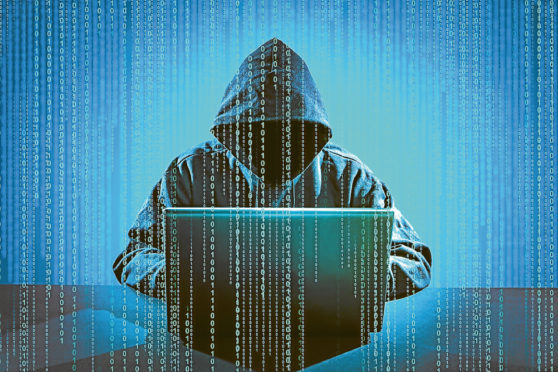Fraudsters on the so-called dark web can buy your entire personal identity for just £820, research has found.
The figure was calculated by virtual private network (VPN) comparison website Top10VPN.com, which warned the suprisingly low sum would spark fears that valuable personal details are all too readily available to criminals online.
Bank account details, Airbnb profiles and even Match.com logins are worth money to bidders on the dark web, which requires special software, configurations or authorisation to access.
Most people have dozens of accounts that make up their online identities – all of which can be hacked and sold.
Top10VPN.com’s security experts reviewed tens of thousands of listings on three of the most popular dark web platforms.
The research found that while bank details will fetch about £168 and Paypal logins around £280, many important personal details are changing hands for much less.
Dark web bidders can get hold of your passport details for as little as £40, while access to online shopping accounts such as Amazon and Tesco are rarely worth much more than £5. eBay accounts fetch just £26 on the dark web.
Logins for vital communications services, like Skype and T-Mobile, are worth considerably less than a tenner each.
Match.com details earn bidders on average £2.24, allowing criminals to “catfish” potential matches, sparking up relationships to manipulate people for financial gain.
Logins for social media accounts such as Twitter and Instagram are among the least valuable, although Top10VPN.com says these provide a useful back door to fraudsters planning to commit identity theft.
With any of these details, fraudsters could send messages containing phishing links to trusted contacts or get around security features that rely on SMS verification.
Simon Migliano, head of research at the firm, said: “It might come as some surprise that on the dark web your entire personal identity can be bought for much less than the price of a new iPhone X.
“There’s a real concern that with such valuable information changing hands so cheaply, there’s nothing to prevent would-be fraudsters from buying up as much as they can in the hope of striking it lucky and draining victims’ bank accounts and credit lines.
“Everything seems to have a price – it’s not just hacked Paypal accounts and credit cards that represent opportunities for fraud. Many other online accounts contain enough personal info to enable identity theft.”
